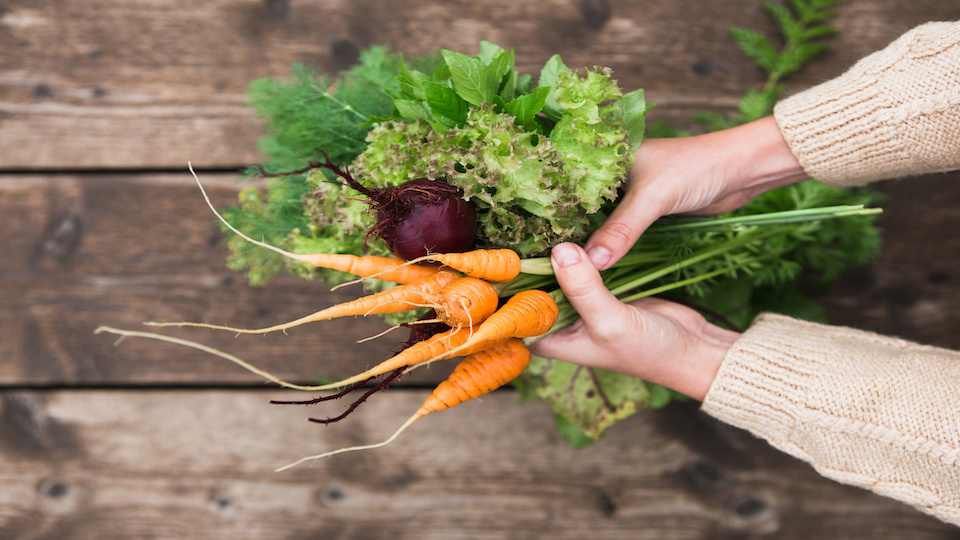When planting your vegetable garden, it can be challenging to keep all the advice straight, “build a raised bed,” “make sure that you try companion planting,” “always use fertilizer,” “never use fertilizer.” Eventually, the overwhelming words of well-meaning fellow gardeners go in one ear and out the other, and you usually end up winging it. That works for a time, and usually, you will see a harvest, but here are a few essential things that you should be doing differently to maximize yield and encourage healthy growth.
Plant a manageable garden
It is far better to have a single incredibly healthy, well-cultivated raised bed, than acres of scraggly, nutrient-starved vegetables. Quantity isn’t everything. It is easy to get carried away and just start going to town with that shovel, but it is crucial that you have time to tend to all of your plants. Start small with only a few manageable beds. And if you don’t have time for that, simply plant in some containers on your patio.
The amount that you plant is very personal so don’t compare your garden to others. Be patient and realize that it takes time and effort to have a well-established garden and it may be a few years before you are growing enough to feed your whole family.
Realize the truth behind fertilizer
While some flowers may benefit from various natural-store bought fertilizers, the best thing you can do for your veggies is give them healthy amounts of organic material. When you mix rich compost into your soil in the spring or fall, you give your plants all the nutrients they need to grow strong and tall. This organic matter not only improves the nutrient quality of the soil but also enhances the soil structure and encourages the growth of essential microbes.
In order to cut down on waste from your kitchen and have access to free compost for your garden, consider setting up a compost bin if you haven’t already done so.
Grow up, not out
You’ve probably heard the term “grow up, not out” before, but what does it actually mean? With the increasing popularity of urban and small space gardening, vertical gardening is often seen as the solution to the problem of not enough space. If you are letting your trailing vines such as beans, cucumbers, and peas spread out along the ground…you’re doing it wrong.
Take the time to install trellises in your garden and train your plant to trail up them. This not only saves space in your garden for other plants but can also help keep rot and bugs from attacking your vegetables. Get creative with your trellis and try building support form recycled material for a fun DIY project.
Don’t forget about mulch
Many gardeners forget about mulching their beds, thinking that it’s only for aesthetics and it isn’t all that important. On the contrary, keeping a three-inch layer of organic mulch on your vegetable beds can do wonders for weed, pest, and disease control. Plus, mulch works hard to insulate the plant’s roots and keep the ground cool during the hot summer months.
Keep detailed records
If you’re anything like me, this is probably something that you wish you thought of with your first-year garden. Just as keeping a personal journal can help you see your progress in life, keeping a garden journal can help you pinpoint areas of success and failure with your vegetables and allow you to adjust your methods accordingly. Take the time to record everything you plant along with your care routines such as when you added compost, the time frame for planting and the amount you watered. At first, it may seem tedious, but it can be difficult to remember what actually did well in your garden in a particular year so the effort will certainly pay off.
In the long run, this will increase your success as a gardener, help you learn your region, and give you more experience and knowledge than even reading hundreds of garden books. As I said before, gardening is intensely personal and what works for you may not work for someone else.
Do you have anything you wish you’d done differently in your garden? Let us know in the comments below!
–Taylor Ramsey



